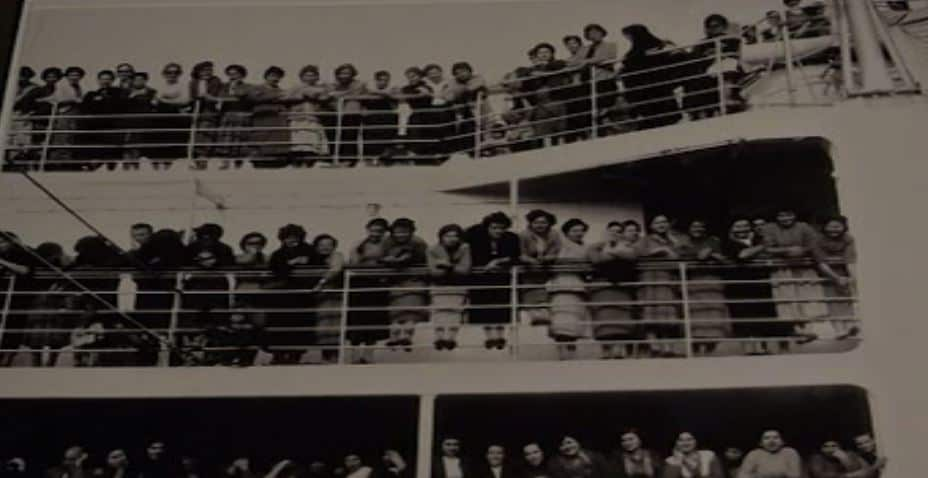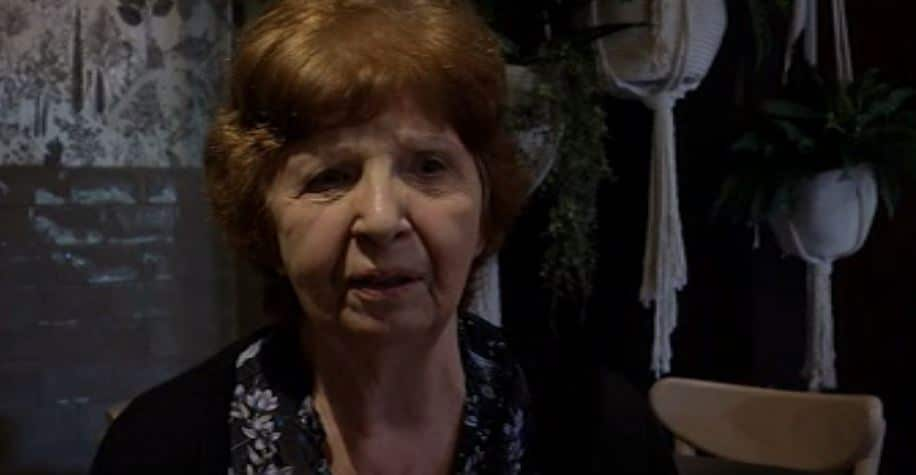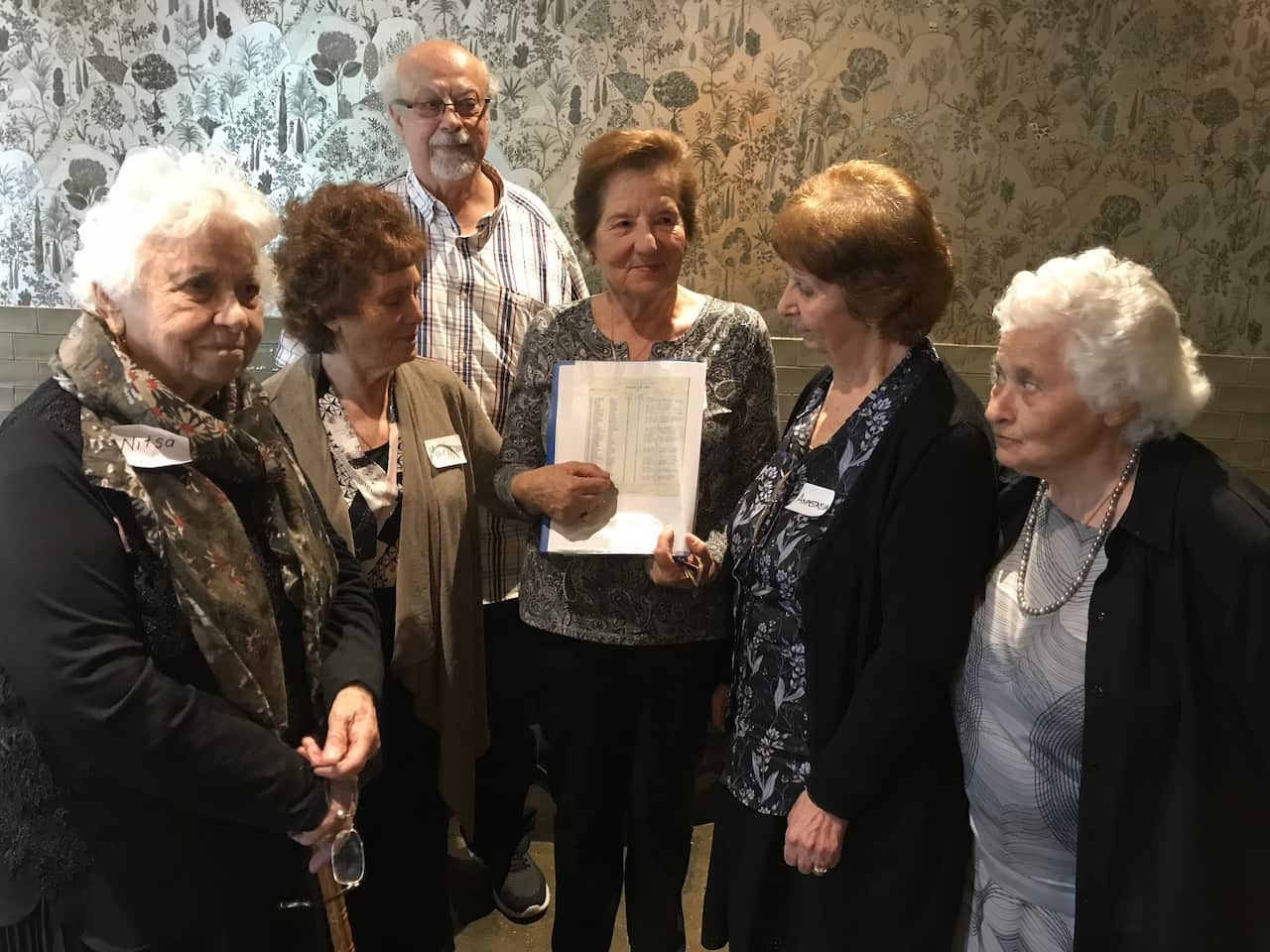When Anastasia Tsiorvas travelled to Australia in 1957, it was to meet her husband for the first time.
She was among more than 900 Greek women aboard a ship named the Begona, and was sailing from the Port of Athens to meet a man she’d chosen to marry only by a photograph.
"I was a little bit uncomfortable, but so many girls, they come like me,” she told SBS News.

Back then, marriage by proxy was a way for Greek men living in Australia to find wives of the same standing and cultural background.
Peter Photakis was an inquisitive eight-year-old boy on board the Begona with his mother and two brothers. His mother wasn’t one of the 'brides', but he has since spent many years researching the historic voyage.
"There were three categories, there were those who were engaged before they left, there were the ones that married by photo, and of course the others who came for, sort of, family reasons and found their husbands here,” he said of the women on the ship.
"There was an amount of money paid, the photos were sent here, the man selected out of the 10 or so photos the girl that he wanted to marry then a photo of him was sent back to the girl. She accepted and they got married, went to the church and they actually got blessed by the priest, marrying them by photo."
But some of the girls didn't want to leave Greece.
“They were virtually sold by their families to come here, marry by photo, never to return," he said.
They were virtually sold by their families to come here.
Ms Tsiorvas was one of the lucky ones. After almost a month at sea, she met her husband after the ship pulled into Melbourne’s Port Philip Bay. It had docked in Fremantle, WA, four days earlier.
"I was on the top of the ship … he had some flowers and he called me, ‘Anastasia! Anastasia!’ And I look at him and I thought, ‘oh yes, he's nice’,” she said.
“He was very good looking, and he was young."

Mr Photakis, who works in education, remembers that not all unions were well received.
"Those who married by photo were holding the photo in their hand all the journey,” he said.
“But I remember when we landed at the pier, the Melbourne pier, two or three of them in front of me started tearing up their photos because the photo they had in their hand and the gentleman that approached them wasn't to their liking."
This year, on the 60th anniversary of the arrival of the Begona, he helped arrange a reunion for passengers and their families in Adelaide.
Federal Labor MP Steve Georganas, whose mother was a passenger on board the Begona, was among those present. He wants to see more recognition for the unique group of migrants.
"It's part of Australia's history, part of our pioneering history,” he said. “These women were pioneers. They were strong women, they went through trials and tribulations, they were going to a land that they knew nothing about."
These women were pioneers
Valerie Rentoulas was one of the youngest of the women on board at just 17.
“I came to find a husband later on, but I came to work, and have money, better than where I was,” she said.
“Because everybody… at the time, wanted to go away, you know, somewhere better.”
She became a mother and a matriarch and says she was very happy to settle and build a life in Australia. But it came at a cost.
"We left mum and dad, we didn't see them again for 20 years, that was the worst thing, but everything else was good."

Today many of the 'brides' are now in their 80s and Mr Photakis is determined that history doesn't forget them.
He's hoping to use his research to immortalise their journey in a book and documentary.
"I'm doing this for them because I believe, to me, more than what I believe, is that they are pioneers,” he said.
“If it wasn't for these ladies, the diaspora, the migration story, the new Greek … language and culture, they bought with us, have made us who we are."
SBS GREEK RADIO: Listen to the latest news from Australia's Greek community and abroad.

